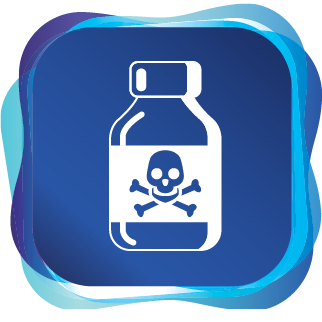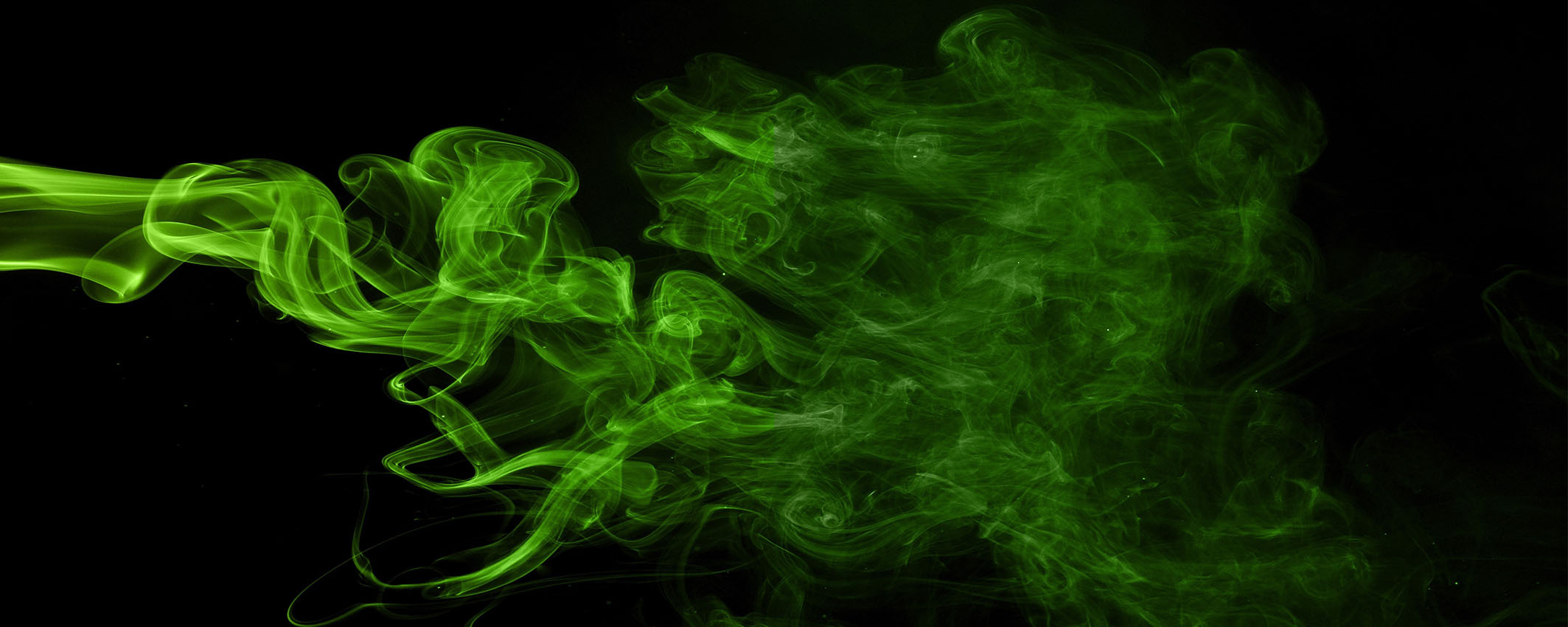 |
CCST9059 Scientific and Technological Literacy
|
Course Description
This course will offer students the opportunity to learn about poisons through a cross-disciplinary conversation between medicine, physiology, biology, psychology, history, literature and film.
The course will address the concept of poisoning from several perspectives, including the basic principles of posology, which is concerned with dosage and is the foundation of toxicology. The basic concepts of poisoning will be illustrated with simple clinical examples such as specific human organ toxicities related to drugs, household poisons, plant and animal sources of poisons, food poisoning and seafood poisoning. In addition, examples of poisoning in Hong Kong will be explored from a historical and legal perspective. The psychology of poisoning will also be explored with examples that highlight precautions needed to ensure safe handling of toxic materials. Finally, the course will develop a thread of common metaphors, symbolism and other associations used to describe poisons in cinema, late Victorian and early 20th century detective fiction, and other historical references.
[All students are required to attend a field trip (3 hours) during Reading Week.]

Course Learning Outcomes
On completing the course, students will be able to:
- Describe and explain the concept of poisoning, with respect to posology and develop the fact of dose vs toxicity. To be able to understand and discern “types” of poisoning and the psychology behind such incidents. Understand the socio-legal implications of poisoning and how this affects society and becomes accepted as normal/abnormal behaviour.
- Describe and explain how different routes of poisoning, i.e. ingestion, radiation, inhalation and skin contact, can be encountered in everyday lives.
- Understand key classes of toxic substances, namely, plant poisons, animals poisons, therapeutic drug overdosing, domestic and chemical poisons.
- Have a developed concept of environmental poisoning and use relevant information about how to limit and affect such poisoning.
- Analyze and be able to synthesize concept of poisoning relating to historical cases. Generate a proposed route of poisoning and suggest possible reasons for these poisonous incidents.
Offer Semester and Day of Teaching
First semester (Wed)
Study Load
| Activities | Number of hours |
| Lectures | 24 |
| Tutorials | 8 |
| Fieldwork / Visits | 6 |
| Reading / Self-study | 60 |
| Assessment: Essay / Report writing | 20 |
| Assessment: Crime scene assessment | 5 |
| Total: | 123 |
Assessment: 100% coursework
| Assessment Tasks | Weighting |
| Portfolio | 50 |
| Tutorial presentation | 10 |
| Case study | 40 |
Required Reading
- Hargreaves, T. (2016). Poisons and poisonings: Death by stealth. Royal Society of Chemistry.
Recommended Reading
- BBC News. (2013, October 18). The drugs derived from deadly poisons. From http://www.bbc.com/news/magazine-24551945.
- Brookes, V. J. (1975). Poisons: properties, chemical identification, origin and use, signs, symptoms, and emergency treatment. Huntington, N.Y: R.E. Krieger Pub. Co.
- Feng, C. -S. (2012). Hong Kong noir: Fifteen true tales from the dark side of the city.
- Harkup, K. (2015). A is for Arsenic: The poisons of Agatha Christie. Bloomsbury Sigma.
- Worsley, L. (2014). A very British murder: The story of a national obsession. London: BBC Books.
- Zhu, W. J. (2014, September 12). Pick your (ancient) poison. China daily Africa weekly. From http://africa.chinadaily.com.cn/weekly/2014-09/12/content_18587544.htm.
Course Co-ordinator and Teacher(s)
| Course Co-ordinator | Contact |
| Dr A.J. Worsley Department of Pharmacology and Pharmacy, LKS Faculty of Medicine |
Tel: 3917 9457 Email: alanwor@hku.hk |
| Teacher(s) | Contact |
| Dr A.J. Worsley Department of Pharmacology and Pharmacy, LKS Faculty of Medicine |
Tel: 3917 9457 Email: alanwor@hku.hk |
| Ms J.K.P. Chu Department of Pharmacology and Pharmacy, LKS Faculty of Medicine |
Tel: 3917 9031 Email: chukpj@hku.hk |

